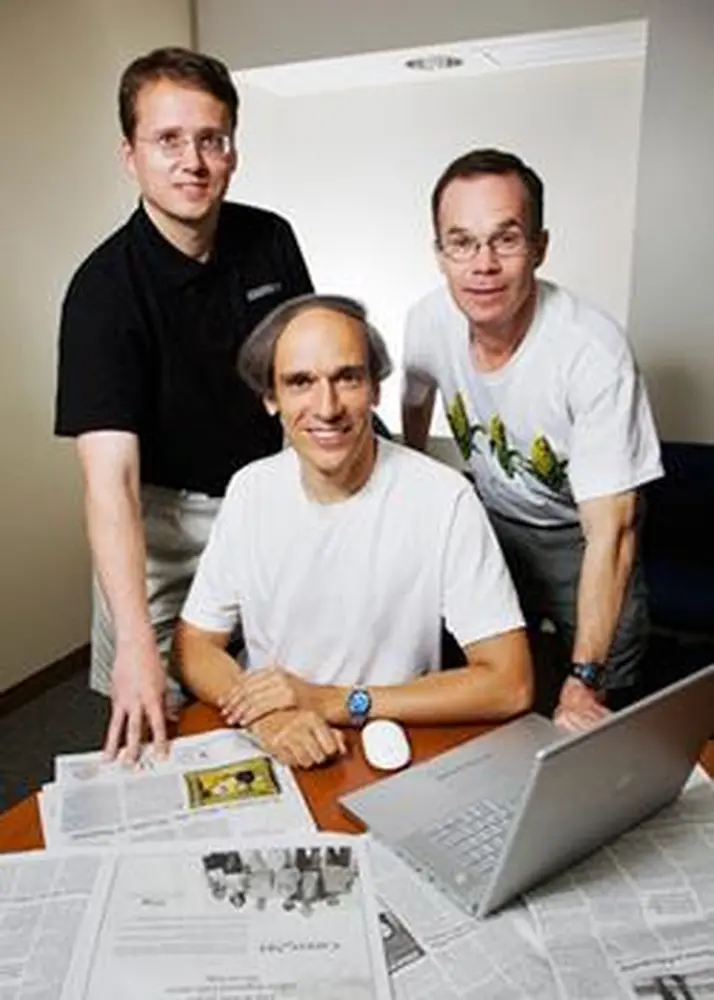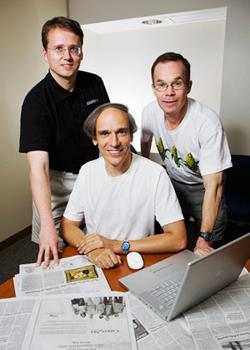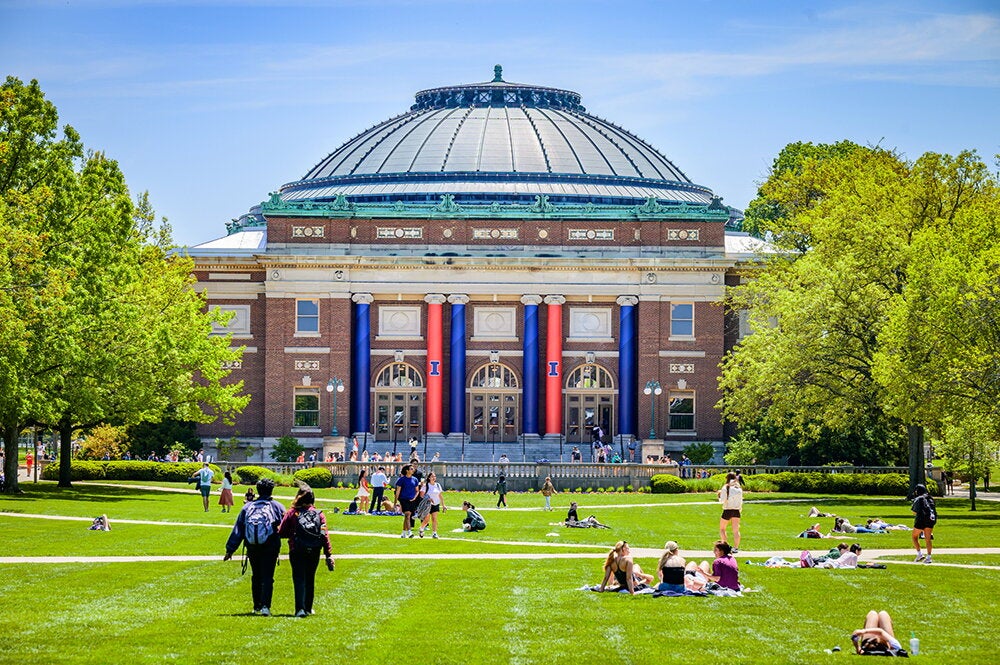

Media bias from both the left and right has become increasingly profitable and could affect election choices in 2008, according to three LAS economics professors, Dan Bernhardt, Stefan Krasa, and Mattias Polborn.
Biased media boost ratings and profits by tailoring news to give conservatives or liberals what they want to hear, the researchers say. “The fact that liberals and conservatives have very different news sources could possibly influence their assessments of the candidates and hence electoral outcomes,” they write in a recent study on media bias.
The researchers cite a Pew Research Center Poll just before the last presidential election in 2004, which showed that those who get their election news from CNN favored John Kerry over George Bush, 67 percent to 26 percent, while those who get their election news from Fox favored Bush over Kerry by similar rates—70 percent to 21 percent.
“While some outlets slant their news to the left and others to the right, individuals prefer news about candidates that confirm their general ideological preferences,” Bernhardt says. “As a result, liberals and conservatives get exposed to different facts about the candidates.”
“You listen to news not just to get informed, but to be entertained,” Krasa says. “And you’re more entertained if they tell you you’re right than if they tell you you’re wrong.”
In the study, the Illinois researchers assume that media outlets will selectively report good news about a favored candidate and bad news about competing candidates. Then they analyze how media bias can lead to electoral “mistakes,” in which the “wrong” candidate is elected. By an electoral mistake, they mean cases in which a different candidate would have won had the voters been fully informed by the media.
As just one example, Bernhardt says, when media outlets selectively fail to report bad news about a favored candidate, too few voters may end up crossing over to vote for the other candidate. Had they been fully informed, more voters might have crossed over.
In principle, the researchers say, voters could become completely informed if they listened to two biased media sources—one with a conservative bias and the other with a liberal bias. But listeners may not be motivated to do this because many do not believe their vote will be pivotal. What’s more, they would have to sift through numerous repeat stories—weather, sports, and soft news—to get the two perspectives.
“Biased media suppresses information that is unfavorable to ‘their’ candidate, and even smart voters cannot completely recover the truth from their reports,” adds Polborn.


